Home/Wellness Zone/Sakra Blogs

12th Mar, 2024

A diagnosis of heart failure can be daunting and may initially feel like the end of the story. However, it is crucial to understand that with advancements in medical care, lifestyle modifications, and a positive mindset, life after a heart failure diagnosis is not the conclusion, but rather the beginning of a new chapter.

Heart failure affects more
1 Dec 2025

Heart disease doesn’t usually
1 Dec 2025

Chest pain is one
1 Dec 2025

Feeling a tight sensation in
30 Jul 2025

The terms heart rate and
30 Jul 2025
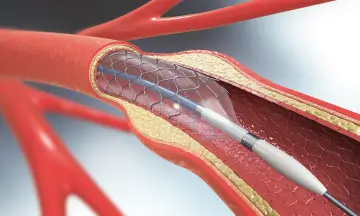
Heart-related conditions are on the
23 Jun 2025

When it comes to protecting
23 Jun 2025
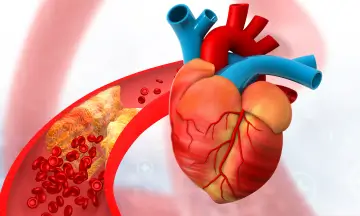
Coronary Artery Disease occurs when
23 Jun 2025

Heart disease doesn’t happen overnight—and
23 Jun 2025

A heart transplant is a
12 May 2025

HF is the inability of
7 Aug 2024

Heart failure is a serious
6 May 2024

Cardiac arrest is a sudden
6 May 2024

In the realm of chronic
6 May 2024

A heart attack, also known
6 May 2024

The human heart is a
15 Mar 2024
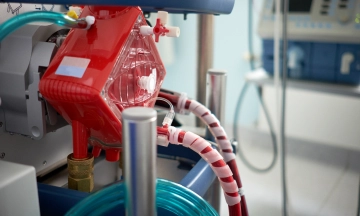
In the realm of advanced
12 Mar 2024

A diagnosis of heart failure
12 Mar 2024

The aorta, the largest artery
25 Aug 2023

A healthy heart is essential
23 Aug 2023

Understanding Heart Failure Heart failure is
14 Aug 2023

Beriberi is also known as
28 Apr 2022
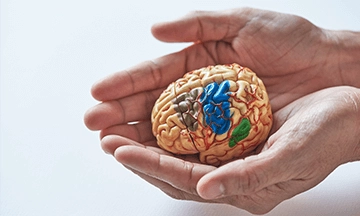
Atrial Fibrillation is a condition
9 Jun 2021

Making resolutions every New Year
17 Jun 2020

Smoking: Should I Use Nicotine
13 Jan 2020

Traveling And Driving After A
10 Jan 2020

Metabolic Syndrome A metabolic syndrome is
10 Jan 2020

Coronary angioplasty has evolved over
9 Jan 2019
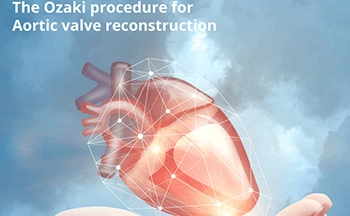
Aortic valve surgery is one
27 Nov 2018

What is Coronary Angiography? Coronary angiography
10 Dec 2016

What is a Heart Attack? Our
10 Dec 2016
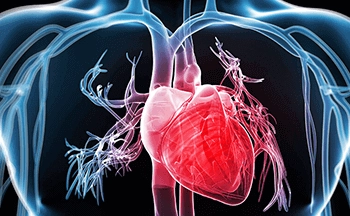
What is Unstable Angina? Unstable angina
10 Dec 2016

What is Angina? Angina is the
10 Dec 2016

Dr. Jagdish from
9 Jul 2016

Trans fat raises
9 Oct 2015

The first hour
6 Oct 2015

Protecting your heart
25 Sep 2015
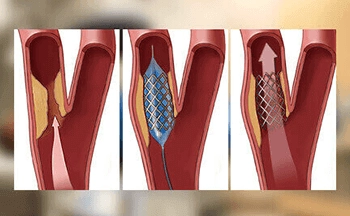
Are
24 Feb 2015
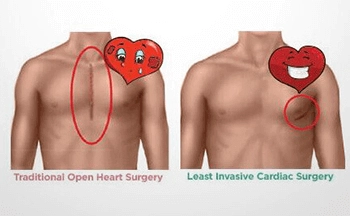
Gone are the
14 Jan 2015

We’ve
15 Sep 2014

The Center of
8 Jul 2014

Metabolic Syndrome A metabolic syndrome is
1 Jun 2016
Enquire Now

